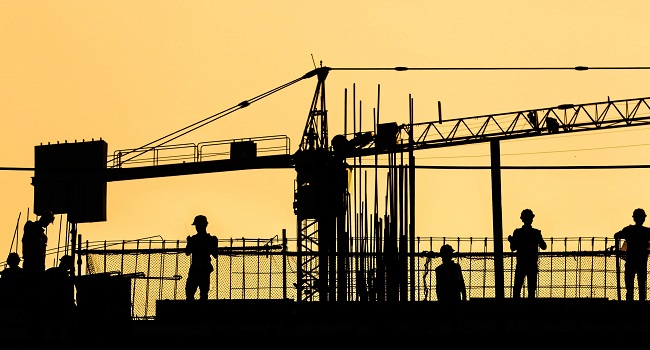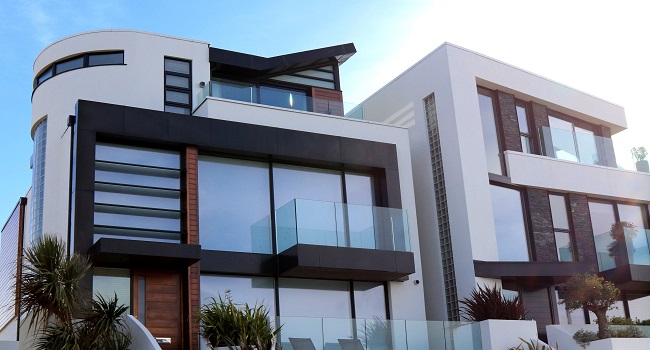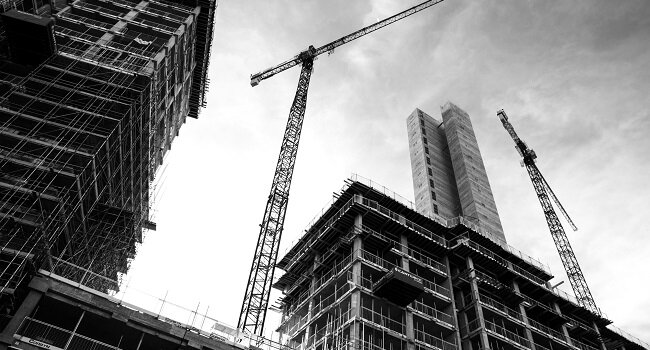The modern construction landscape is a vibrant and ever-evolving arena, marked by the confluence of tradition and innovation.
As urbanization and environmental challenges intensify, the construction industry has been propelled into a new era where efficiency, sustainability, and technological integration are not just valued but expected.
Innovations in this field are shaping the future of architecture, bringing about a transformation in how we conceive, construct, and interact with our built environment.
Emerging Technologies in Construction
The implementation of new technologies such as Artificial Intelligence (AI) and 3D printing is revolutionizing construction processes.
AI is being used for optimizing building design, predictive maintenance, and enhancing on-site safety, while 3D printing allows for the creation of complex geometric structures that would be difficult, if not impossible, to build using traditional methods.
These technologies are not mere incremental improvements but are redefining the boundaries of what is possible in construction.

Sustainable Practices and Green Building
In response to climate change and resource scarcity, the rise of eco-friendly materials and energy-efficient designs has become a significant trend.
Sustainable architecture is now at the forefront, with an emphasis on minimizing environmental impact through innovative design, material selection, and construction practices.
This approach extends beyond the use of recycled materials to include a holistic view of the environmental impact of buildings throughout their life cycle.
Luxury Home Builders in Perth: A Case Study
Perth’s luxury home builders are exemplifying the fusion of luxury and technology. These builders are integrating modern technologies and sustainable practices to create homes that are not only aesthetically pleasing but also intelligent and environmentally responsible.
Perth’s market shows how luxury and sustainability can coexist, providing a blueprint for future developments worldwide.

Impact of Modern Construction on Urban Development
Modern construction techniques are significantly reshaping cities. They are enabling the rise of smart cities, with infrastructure that is more resilient, efficient, and responsive to the needs of its residents.
Innovative architecture plays a crucial role in urban planning, ensuring that the growth of urban areas contributes to the well-being of its inhabitants and the sustainability of the environment.

Statistical Overview
The statistical data from recent years highlights a clear trend towards these innovations. The adoption rates of BIM, renewable energy solutions, and sustainable building certifications have seen a steady increase, reflecting the industry’s commitment to innovation and sustainability.
Future Outlook
Looking ahead, we can expect the construction industry to continue its trajectory towards smarter, greener, and more efficient practices.
The potential impact of ongoing innovations is vast, promising to bring more sustainable, cost-effective, and human-centric designs to the forefront of architecture.
Wrapping Up
The evolution of construction and its impact on architecture is a testament to human ingenuity and our capacity for adaptation.
As we move forward, the industry’s innovations are set to play a pivotal role in addressing some of the most pressing challenges of our time, including climate change, urbanization, and the need for sustainable development.
The future of construction is not just about buildings; it’s about creating environments that enhance the quality of life for all.




























